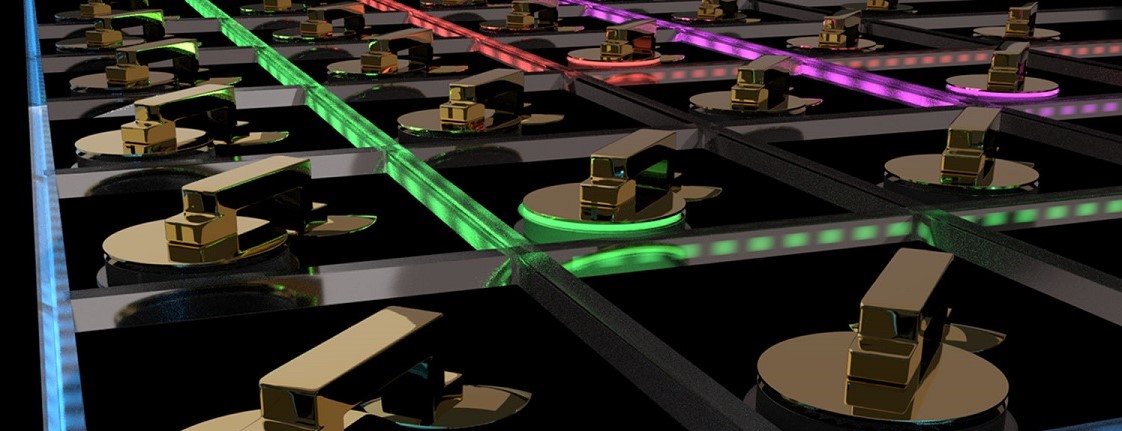While self-driving cars may soon be allowed to drive completely autonomously on our roads, a few hurdles still have to be overcome. According to the Swiss Federal Institute of Technology (ETH) in Zurich, one key area that still has to be improved is the need to assess the surroundings at lightening speed and to recognize people and obstacles.
Together with colleagues at the National Institute of Standards and Technology (NIST) in the US and at Chalmers University in Sweden, researchers at ETH Zurich have developed a novel electro-opto-mechanical switch for light beams that has the potential to address both of these problems.
To achieve this, the researchers used what is known as plasmonics, a technology that squeezes lightwaves into “structures that are much smaller than the wavelength of light”, explains ETH Zurich.
Although there have been attempts in the past to develop optical switches based on plasmons, real-life commercial applications have failed until now due to the large losses encountered when transporting photons through plasmonic devices. In addition, they require high switching voltages.
This is not the case with the new electro-opto-mechanical, allowing it to be used for a variety of applications. For example, it can improve LIDAR (Light Detection and Ranging) systems for self-driving cars, in which the intensity and direction of propogation of light beams need to be varied extremely quickly. The new switch could also accelerate the pattern recognition needed for steering the cars.
Another possible application is in the field of quantum technologies. Until now, optical quantum circuits have been supported by classical optical switches, but these are typically based on a variation in the refractive index of a material when it is heated. This is a slow process and incompatible with the low temperatures at which other quantum elements typically work. A fast switch that hardly heats up at all would be a welcome addition in this field.

Related news
Meet with an expansion expert
Our services are free of charge and include:
- Introduction to key contacts in industry, academia, and government
- Advice on regulatory framework, taxes, labor, market, and setting up a company
- Custom-made fact-finding visits, including office and co-working space